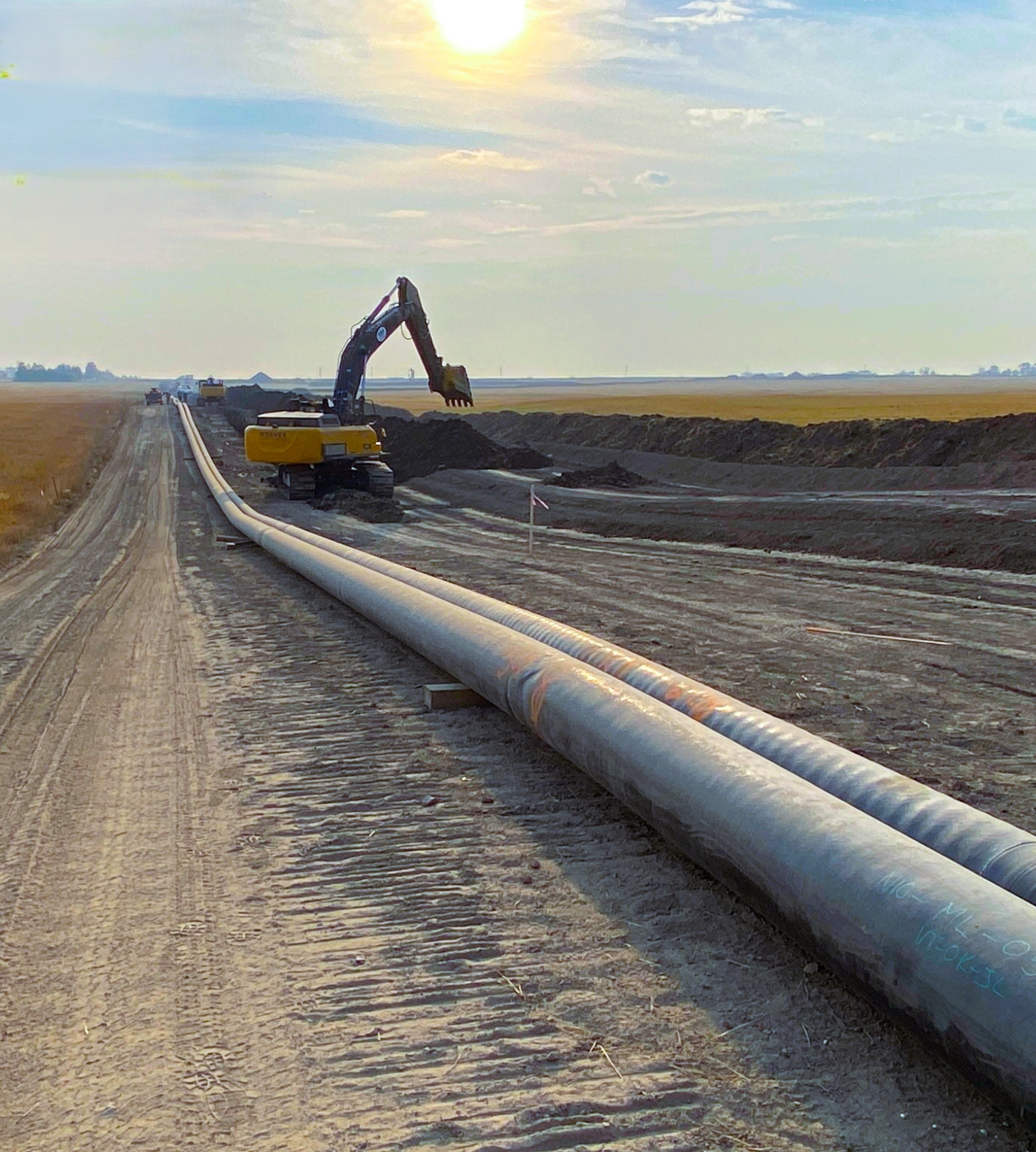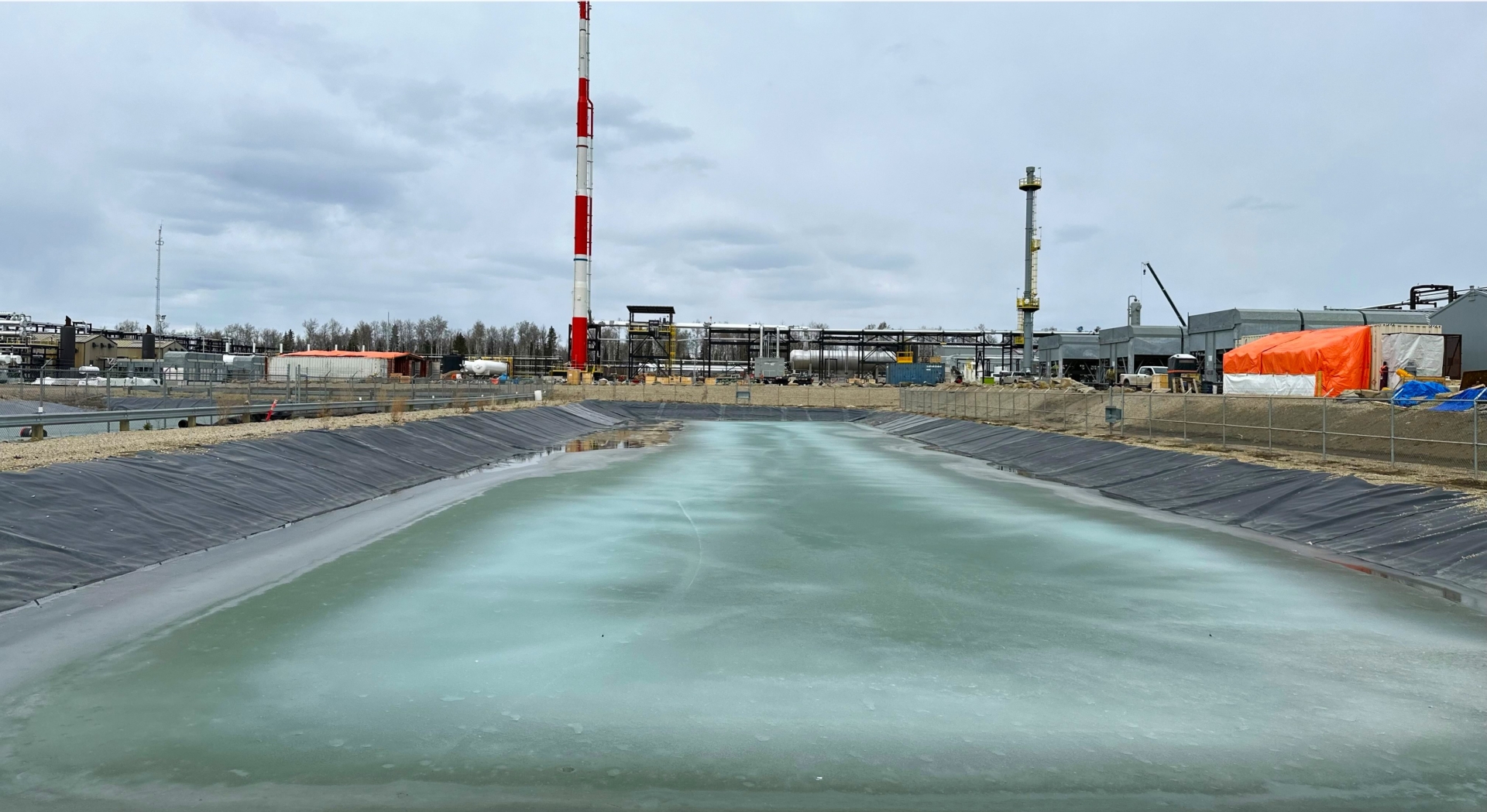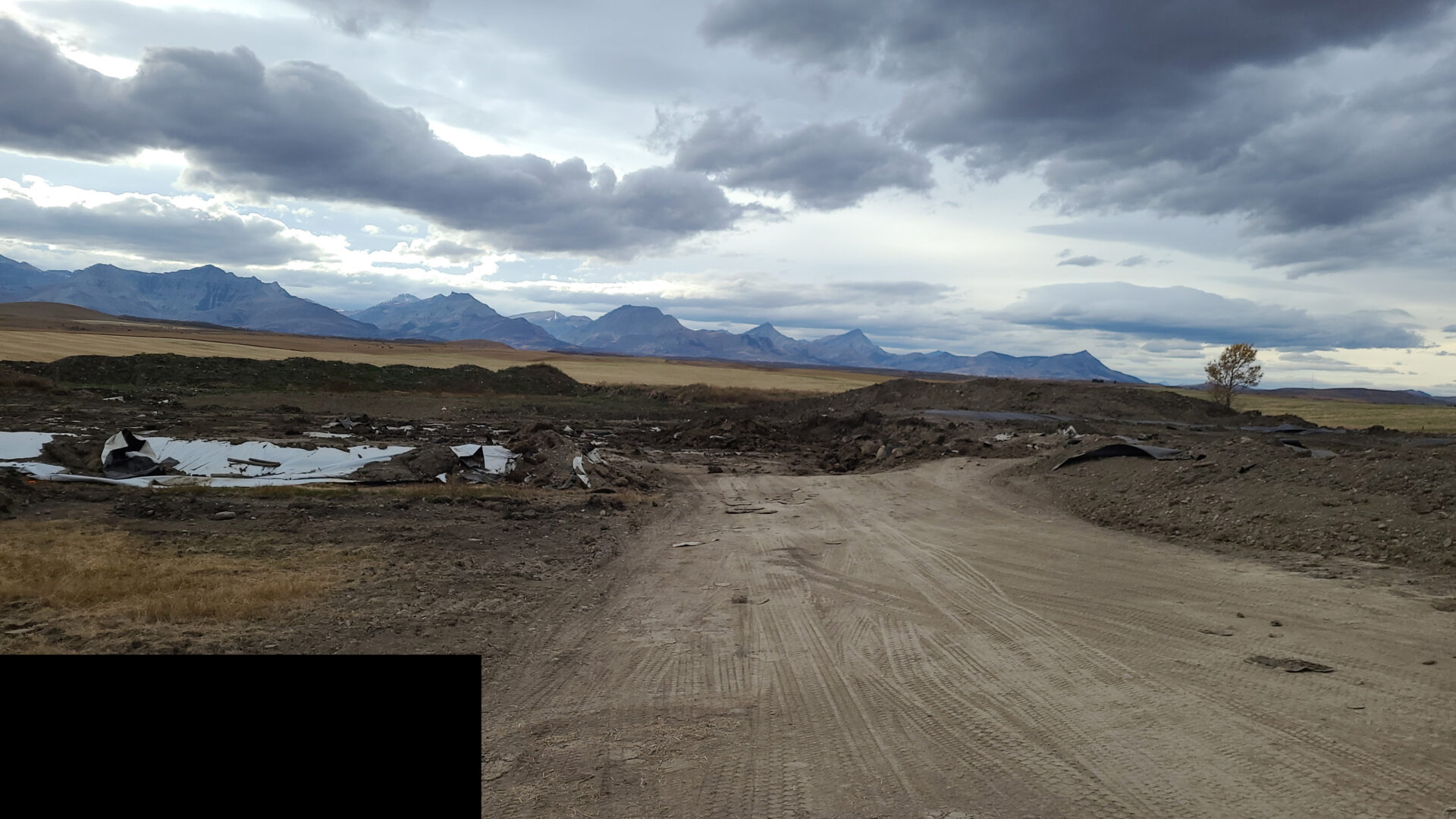The Alberta Energy Regulator (AER) recently unveiled the Area-Based Closure Program (ABC), with the goal of driving down the cost of asset retirement and inducing greater closure throughout Alberta. Full details of the program are available on the AER’s website but the premise of ABC is to incite collaboration between operators and in turn foster economies of scale and increased efficiencies that result in reduced per unit closure costs.
The program is in principle a sound approach by the AER to turn the tide on the increasing liability issue in Alberta but will not be without its challenges. One specific hurdle that should be considered in advance of program execution is how cooperating parties will respond to incidents and who will act as prime contractor. It is not likely that cooperating parties will manage incident response in identical fashions and there are well documented issues of sharing leadership in times of crisis. Furthermore, there can be significant financial and reputational impacts for accepting responsibility of incidents that many companies will not wish to incur.
The question is: how can companies transform their approach in order to realize the cost savings of ABC?
A viable option is to transfer prime contractor duties to a third-party project manager (Project Manager) who takes responsibility for program execution and incident management. The Project Manager takes ownership of ensuring all parties involved in the execution program adhere with Occupation Health and Safety (OH&S) regulations, incident investigation, crisis management, etc. For operators, this alleviates the issue of determining the chain of responsibility and adds protection against the potential financial impacts from the Workers Compensation Board, insurance, etc. Most importantly, it creates an easy way for operators to enter into the ABC program and realize cost savings in their asset retirement programs.
It is important to note that assigning prime contractor does not completely absolve operators of their liability. Operators are responsible for ensuring the Project Manager is competent and able to demonstrate their diligence. Operators who assign prime contractor obligations to an incompetent Project Manager may be held liable for incidents that occur and face OH&S penalties. Proper due diligence prior to assigning prime contractor status to the Project Manager can remove this risk.
360 maintains all necessary requirements and has experience acting as prime contractor as part of our value for Making Growth Simple.
Thanks for reading,
-Mike




































































